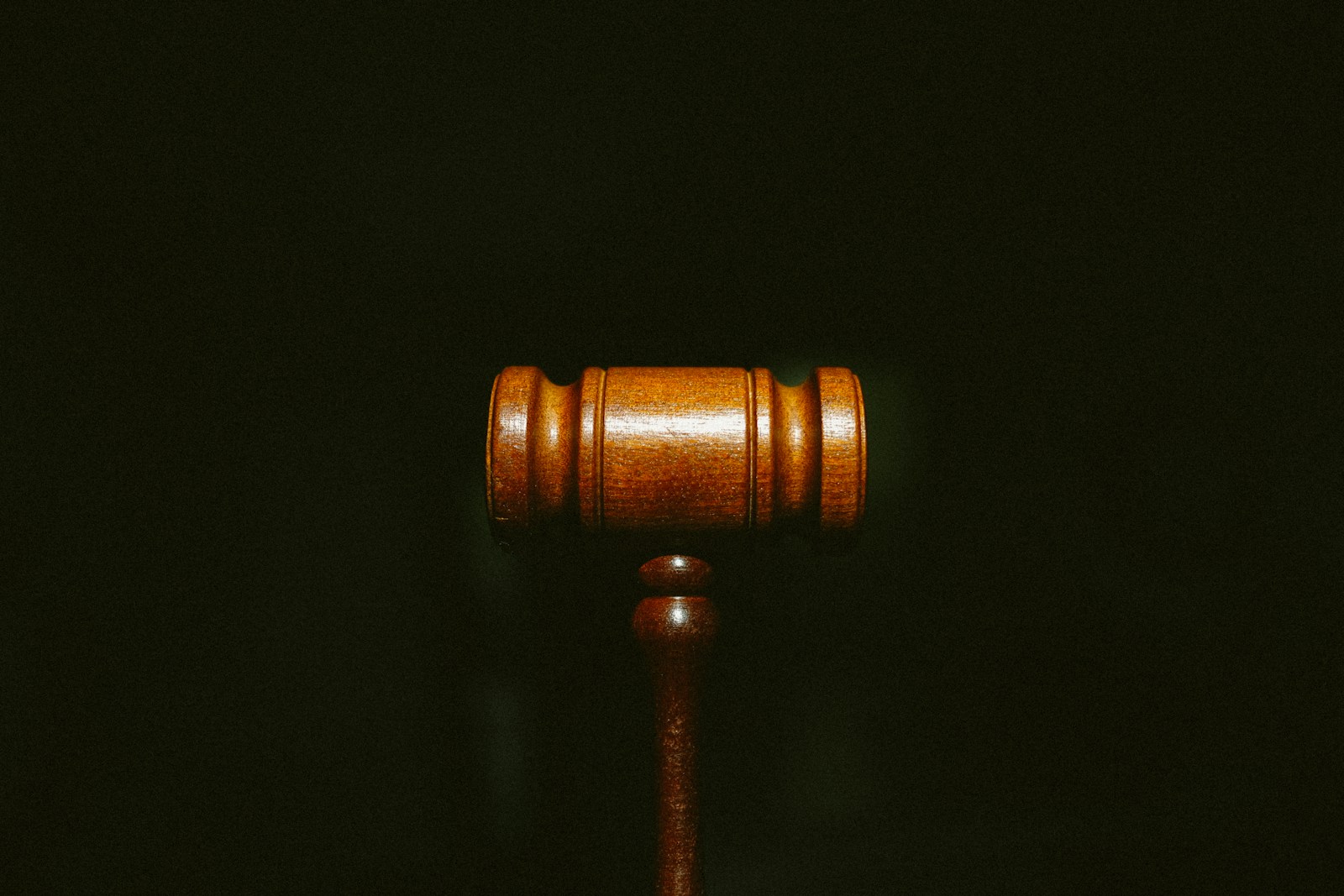Policy Vs. Rights: Supreme Court’s Stance On Disability Reservation In Lok Sabha

Introduction:
In a recent ruling, the Supreme Court of India has dismissed a Public Interest Litigation (PIL) seeking reservation for persons with disabilities in the Lok Sabha, the lower house of the Indian Parliament. The bench, comprising Chief Justice D Y Chandrachud and Justices J B Pardiwala and Manoj Misra[1], stated that the judiciary cannot interfere with policy decisions, emphasizing that reservation in elections is a matter of policy and falls outside the purview of the court.
The PIL, filed by Jayant Raghav, a resident of Dwarka in Delhi, urged for the inclusion of a quota for persons with disabilities in the Lok Sabha. However, the Supreme Court firmly stated that such matters are to be addressed through policy-making channels and cannot be mandated by judicial intervention.
Policy Decision Vs. Judicial Intervention:
The Supreme Court’s decision highlights the separation of powers between the judiciary and the legislature. By asserting that reservation for disabled persons in elections is a policy matter, the court reaffirms its role as an interpreter of laws rather than a creator of policies. This distinction is crucial in maintaining the balance of power envisioned by the Indian Constitution.
Chief Justice D Y Chandrachud reiterated the court’s stance by stating, “This is a pure policy matter.” The bench’s reluctance to encroach upon matters of policy reflects a commitment to upholding the principles of democracy and federalism, wherein policy decisions are entrusted to elected representatives accountable to the people.
Challenges In Disability Representation:
While the PIL aimed to address the underrepresentation of disabled persons in the Lok Sabha, the Supreme Court’s dismissal highlights the complexities surrounding the issue. Despite efforts to promote inclusivity and accessibility, disabled individuals continue to face barriers in political participation and representation.
The absence of reserved seats for disabled persons in the Lok Sabha raises questions about the inclusiveness of India’s electoral system. Without adequate representation, the voices and concerns of disabled citizens may be marginalized, hindering the realization of a truly inclusive democracy.
Nomination Form Disclosure
Another aspect questioned by the Supreme Court was the requirement for candidates to disclose their disability status in nomination forms. The bench raised concerns about the necessity of such disclosure, prompting further reflection on the intersection of disability rights and electoral processes.
While the intention behind disclosing disability status may be to ensure transparency and facilitate accommodations, the court’s scrutiny underscores the need for a nuanced approach to addressing disability rights within the electoral framework. Balancing the right to privacy with the need for inclusive representation poses a challenge that requires careful deliberation.
The Role Of Lok Sabha
The Lok Sabha, as the lower house of India’s bicameral parliament, plays a pivotal role in representing the interests of the people. Composed of elected representatives chosen through direct elections, the Lok Sabha is tasked with legislative responsibilities crucial to the functioning of India’s democratic system.
With a maximum strength of 552 members, the Lok Sabha[2] embodies the diversity of India’s population. However, the absence of reserved seats for disabled persons underscores the need for greater inclusivity in the political arena. While the Lok Sabha represents the democratic ideals of the nation, its composition should reflect the diversity and inclusiveness that define India’s social fabric.
Conclusion:
The Supreme Court’s decision to dismiss the plea seeking reservation for disabled persons in the Lok Sabha highlights the complex interplay between policy decisions and judicial intervention. While the court upholds the principle of separation of powers, questions regarding disability representation in electoral processes persist. As India strives towards a more inclusive society, addressing these challenges requires concerted efforts from policymakers, civil society, and the disabled community.
While the Supreme Court’s decision adheres to legal principles, it also serves as a reminder of the ongoing struggle for equality and inclusion. As a society, we must continue to strive towards creating a more accessible and participatory democracy, where every voice is heard, and every individual is empowered to contribute to the nation’s progress.
[1] https://www.barandbench.com/news/supreme-court-junks-plea-seeking-reservation-disabled-persons-lok-sabha.
[2] https://www.india.gov.in/my-government/indian-parliament/lok-sabha#:~:text=The%20Constitution%20of%20India%20allows,seats%20filled%20by%20elected%20representatives..
King Stubb & Kasiva,
Advocates & Attorneys
New Delhi | Mumbai | Bangalore | Chennai | Hyderabad | Mangalore | Pune | Kochi | Kolkata
Tel: +91 11 41032969 | Email: info@ksandk.com
By entering the email address you agree to our Privacy Policy.